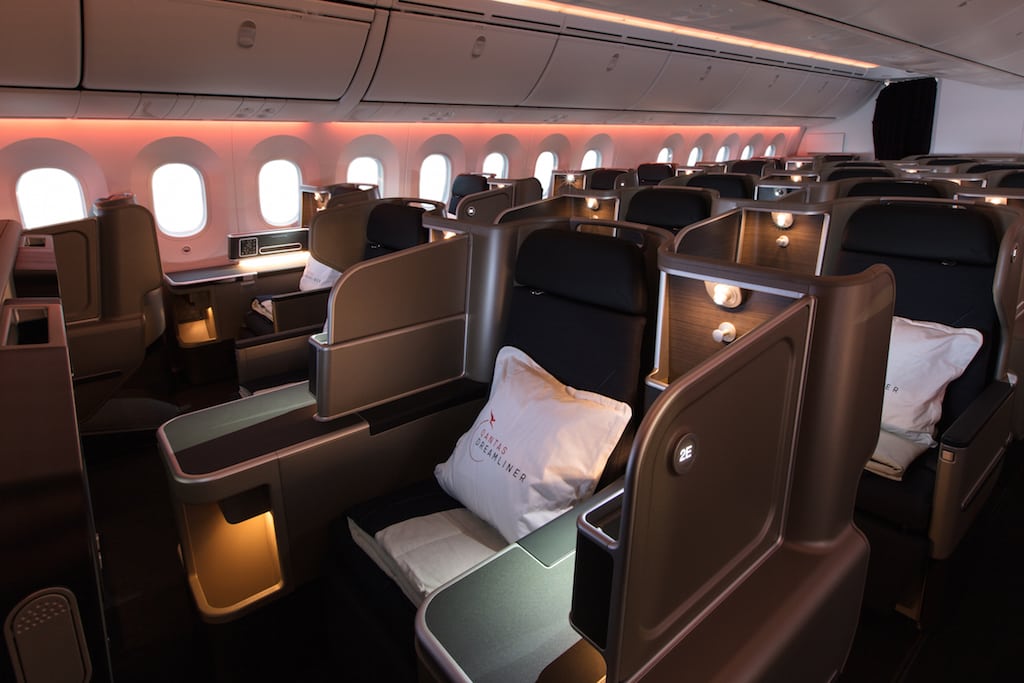Skift Take
I'm tired, you're tired, we're all tired when we travel for work. It's leading employees to burn out and quit, causing problems for travel managers and companies that push their workers too hard. Some sleep and nicer flights can help.
Business travel burnout is real, and those who travel the most tend to have the highest risk of negative health effects and inevitably quitting their job for something involving fewer treks away from home.
New data from Airline Reporting Corporation and consulting group tClara show that health concerns should be a larger part of travel policy to boost both personal and economic outcomes of business trips.
The Achieving Better Business Travel Results: Insights from U.S. Road Warriors report polled 742 U.S.-based road warriors on their experience with burnout, staying healthy, and attitudes toward their employers.
The research found that the quality of a trip, whether in cabin class and hotel type or the types of meals a traveler scarfs down, correlates strongly with whether a work trip is viewed as successful afterward.
“Road warriors, those who spent at least 35 nights away from home and took at least four trips by airplane in the last 12 months, say there is a 24 percent chance that they will voluntarily leave their employer in the next two years,” notes the report. “The two top-rated ways to reduce this attrition risk are to allow business class seating on flights longer than six hours and to use less of the road warrior’s personal time for travel. An alarming 48 percent of road warriors say they hope to travel much less in two years.”
The qualities of a trip that increase success are actually quite simple and predictable, according to the data.
| GENERAL FACTORS THAT WOULD MOST HELP ACHIEVE MORE SUCCESS FROM WORK TRIPS | |
|---|---|
| Getting better sleep before and during trips | 34% |
| Getting or keeping business class seating on flights over six hours | 30% |
| Having more exercise and/or healthier meals while traveling | 27% |
| Getting or keeping premium economy seating on flights under six hours | 26% |
| Getting higher quality or more convenient hotels | 25% |
| Using less personal time on work trips | 22% |
| Having more positive attitudes and emotions while traveling | 18% |
| Getting more non-monetary appreciation from manager for travel | 17% |
| Source: ARC, tClara |
One of the side effects of increased business travel is burnout followed by attrition when an employees leaves for another role where less travel is involved. The road warriors polled said that business class seats and increased personal time make them more likely to stick around.
| WHAT EMPLOYERS SHOULD OFFER ROAD WARRIORS TO DECREASE ATTRITION RISK | |
|---|---|
| Business Class seating on flights over six hours | 31% |
| Personal time needed for business trips | 30% |
| Higher quality or more convenient hotels | 26% |
| Premium economy seating on flights under six hours | 25% |
| Help getting more exercise and/or healthier meals while traveling | 25% |
| Help getting better sleep before and during trips | 24% |
| More non-monetary appreciation from managers for travel | 21% |
| Help generating more positive attitudes and emotions while traveling | 18% |
| Source: ARC, tClara |
“A more strategic approach to managing road warriors should lead to significantly better business results. Senior management should track new travel-related metrics; especially road warrior attrition and trip success rates,” proposes the report. “Companies should invest in wellness programs tailored for road warriors. The expected benefits are better trip success rates, lower attrition risks and lower rates of traveler burnout.”
The report also focuses on the different outcomes between cost-focused and traveler-oriented programs that may end up being more expensive for companies. Correlation isn’t causation, but the evidence shows that having a nicer travel experience encourages workers to not just stick around but become more productive on their trips.
| Cost-focused Travel Policies are Bad for Business and for Travelers | |||
|---|---|---|---|
| BUSINESS OUTCOME BY COST- FOCUSED | MANAGED BY TRAVELER- FOCUSED POLICIES | Correlation | |
| Self-reported two-year attrition risk | 33% | 17% | Nearly twice the attrition risk |
| Trips rated worthwhile | 57% | 66% | Lower trip success rate |
| Travelers who desire much less travel in two years | 57% | 47% | More reluctance to travel |
| Travelers are burned out or nearly burned out on travel | 20% | 14% | More burned out on travel |
| Source: ARC, tClara |
Looking at the dynamic from the other side, 91 percent of those with a traveler-focused program were satisfied with their travel policy while just 59 percent of those in a cost-focused program were. On the same note, 17 percent in a traveler-focused program reported a negative impact on their health, compared to 35 percent in a cost-focused program.
“Road warriors managed under cost-focused travel policies, compared to those managed under traveler-focused policies, are much less satisfied with their company’s travel policy and report nearly twice the rates of negative impacts on their physical, mental and emotional health, as well as on relationships with their families,” concludes the report.
Check out the full report below:
The Daily Newsletter
Our daily coverage of the global travel industry. Written by editors and analysts from across Skift’s brands.
Have a confidential tip for Skift? Get in touch
Tags: business travel, ctir
Photo credit: Qantas Boeing 787 Business Class. Qantas
